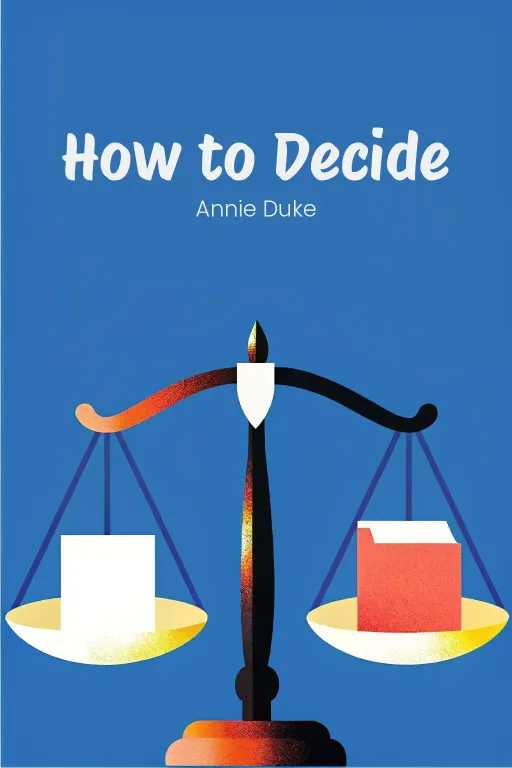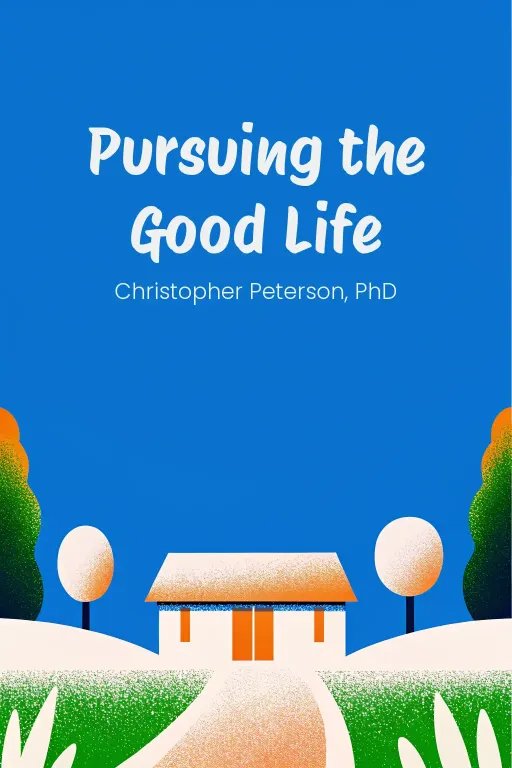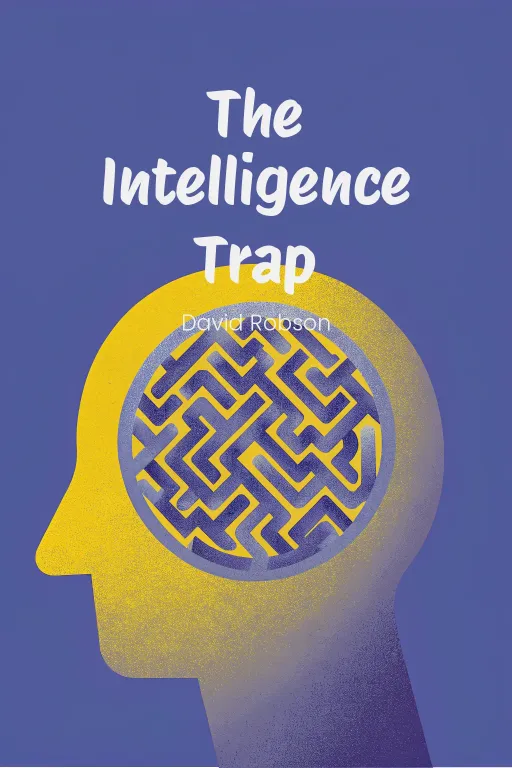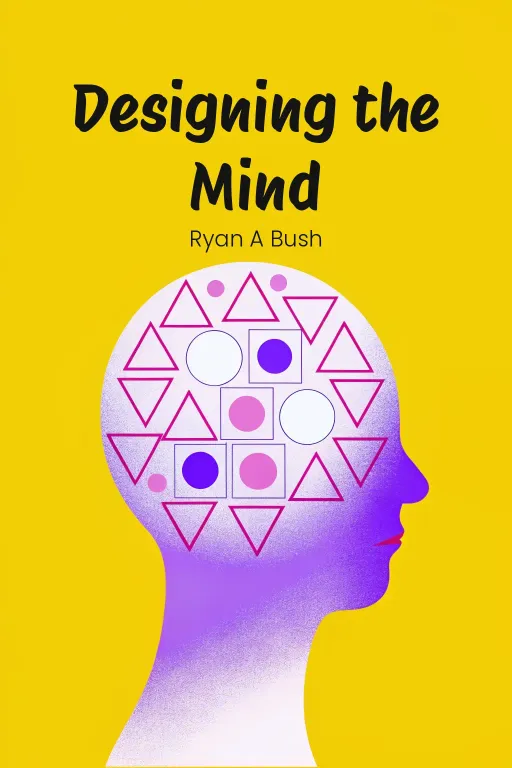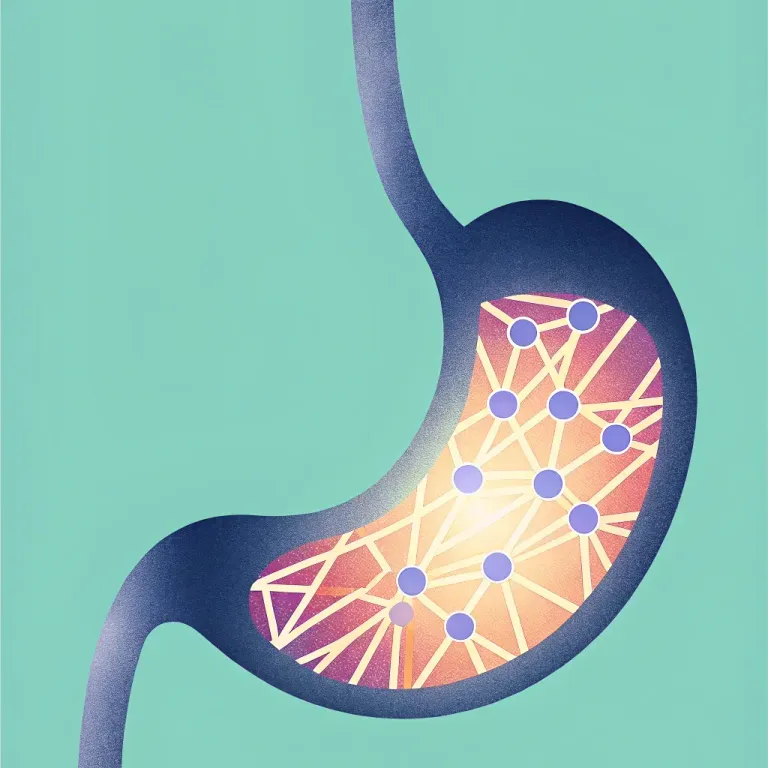
Trust Your Gut? Decode Your Inner Signals
Podcast by Five Percent Happier with Autumn
The Science of Self-Awareness
Trust Your Gut? Decode Your Inner Signals
Autumn: Today we're diving into "Know Thyself" by Stephen Fleming. It tackles why we misjudge our own minds and how better self-awareness—thinking about our thinking—makes us better decision-makers. Autumn: Ever felt absolutely sure, only to be proven wrong? Or hesitated on a decision, unsure if you really knew enough? This lack of accurate self-awareness trips us up constantly. At work, maybe you overcommit to a deadline you can't meet, trust an AI recommendation without checking, or get blindsided by feedback. We misjudge our knowledge, our confidence, our blind spots. This isn't just embarrassing; it leads to poor choices, botched projects, and missed opportunities because we aren't accurately reading our own internal dashboard. Autumn: The book argues the fix lies in strengthening our 'metacognition' – our ability to think about our thinking. It’s like stepping back to observe your own mind. A key idea is learning to embrace uncertainty. Remember that Soviet officer who trusted his gut feeling over alarming missile signals? That nagging doubt isn't always bad; sometimes it's your brain telling you to pause, gather more info. Think less 'I must be certain' and more 'What does this uncertainty tell me?'. It’s about constantly updating how sure you are based on new evidence, not sticking rigidly to your first instinct. Our brains even have built-in error detectors – you know that little 'uh oh' feeling when something seems off, even if you can't pinpoint why? Maybe it's sensing a flaw in a project plan or making you hesitate before sending a sensitive email. That's a crucial signal! Listen to that pause; it’s prompting you to double-check. Finally, it's about calibrating your confidence. High confidence doesn't automatically mean you're right. Instead of just feeling sure, ask yourself why. Reflect on past decisions: where were you overconfident? Where underconfident? Actively seek feedback – was I really as prepared for that meeting as I felt? This helps match your internal feeling of certainty with external reality. It's less about being confident, more about knowing how much confidence is actually warranted. We can improve this through deliberate practice. Autumn: So, here’s your takeaway: Tonight, pick one decision you made – maybe responding to that tricky email or planning your afternoon. Ask: 'How certain did I feel, 1 to 10? What specific evidence backed that feeling up?' Noticing this link, or lack thereof, builds crucial self-awareness for smarter choices. Keep tuning in, and you’ll be five percent happier.





